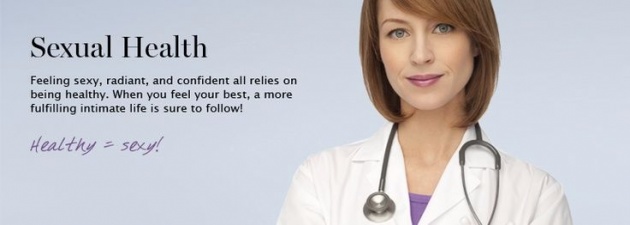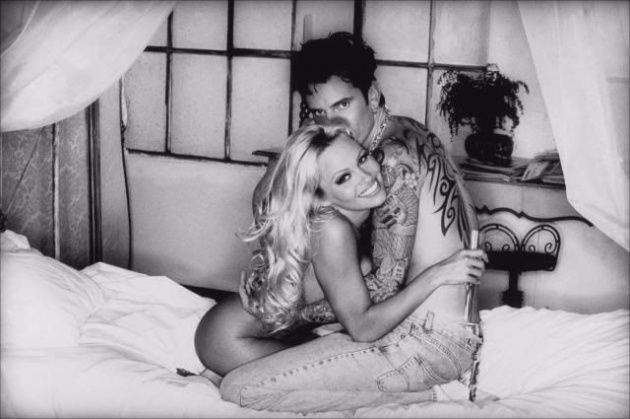
The definition of romance, according to Merriam-Webster, is a medieval tale based on legend or love; something that lacks basis in fact; an emotional attraction; a love affair. In honor of Valentine's Day, I'm going to suggest another: A joyous visceral connection to another person, whether we're coupled off or single.
This is not an argument in favor of one night stands. Instead, think back to those old AT&T commercials: reach out and touch someone. Just a little of that human touch, in the words of Bruce Springsteen, stirs the soul, soothes the brain, and gives you a health boost as well—particularly if you skip the heart-shaped boxes of chocolate and go for the simple hug or caress. "Ideally, Valentine's Day hits three major human needs—sex, romantic love, and human attachment," says Helen Fisher, a professor of anthropology at Rutgers University and author of Why We Love. If you're not in a relationship, you can use the day to get that third need met, at least, by connecting with those you love but aren't in love with.
 4
4
For evidence of the benefit, look no further than the 2006 University of Virginia study that found that happily married wives who held their husband's hand when threatened with an electric shock actually lowered their brain's response to stress and felt less pain from the shock than when they had no hand to hold. Interestingly, holding a stranger's hand, while it didn't reduce the pain, did lower the activation of the brain's stress response, as seen on functional magnetic resonance imaging brain scans. "If the person holding your hand loves you and cares about whether you're in pain, you know they will take on some of your worry and your brain defaults to a lower level of stress," explains study author James Coan, an assistant professor of psychology at UVa. (He recently completed the same study in gay and lesbian couples, due to be published sometime this year.)
Other studies indicate that those in the happiest relationships produce less of the stress hormone cortisol when they're under duress. Too much cortisol suppresses the immune system, leaving you vulnerable to colds and flu; slows healing of wounds, bruises, and broken bones; and spurs your body to store fat around your abdominal organs, the kind that sets the stage for heart disease, diabetes, and cancer. The cortisol connection is probably a major reason why lonely people die earlier than socially connected folks. "Social isolation is as dangerous as cigarette smoking," Coan says. Perhaps a ban on sitting alone in restaurants is called for? "Well, I wouldn't go that far but if you've, say, just lost your job, it's certainly better to get out and socialize than just retreat and sit home alone."
What's clear is that you can and should outsource your worries to those you love, and if you can't unload to a romantic partner, rely on close friends, parents, and siblings. And when possible, make an effort to infuse platonic relationships with a bit of touching. Studies on rats—yes, even they need love—have shown that babies who get the most licking and grooming from their mothers are the most resilient under stress as adults. Any sort of pleasurable physical contact can trigger the release of oxytocin, a bonding hormone that pushes us to build trust and intimacy with another person.
For this reason, social networking sites, despite their growing popularity, might not make us feel all that bonded. In an informal survey of 150 students in his psychology class, Coan found that while most had more than 200 friends on the Facebook site, all said these friendships were on the whole pretty shallow. Unfortunately, social mores in this country tend to discourage hand-holding or prolonged hugs in those who are just friends. But even a simple shoulder squeeze, back-slap, or arm rub can lower stress hormones and help you feel more connected during a night out.
Ultimately, the human brain craves that head-over-heels, no-one-else-in-the-world kind of love. "We are built to love, and I believe it's the most powerful brain system, much more powerful than the sex drive," says Fisher. Through her brain imaging research, she's shown that just looking at the object of your affection in that early rush of new love lights up the ventral tegmental area of the brain, a tiny region that squirts out the brain chemical dopamine. This powerful stimulant, also released after a hit of cocaine, makes you feel ecstatic, elated and turned on. "You feel so good," Fisher explains, "and it drives you to have sex quite frequently with that person, which has its own health benefits." Those who engage in frequent sex, studies suggest, have a better sense of smell, lower rate of heart disease, improved physical fitness (probably because they're motivated to work out), and healthier body weight





